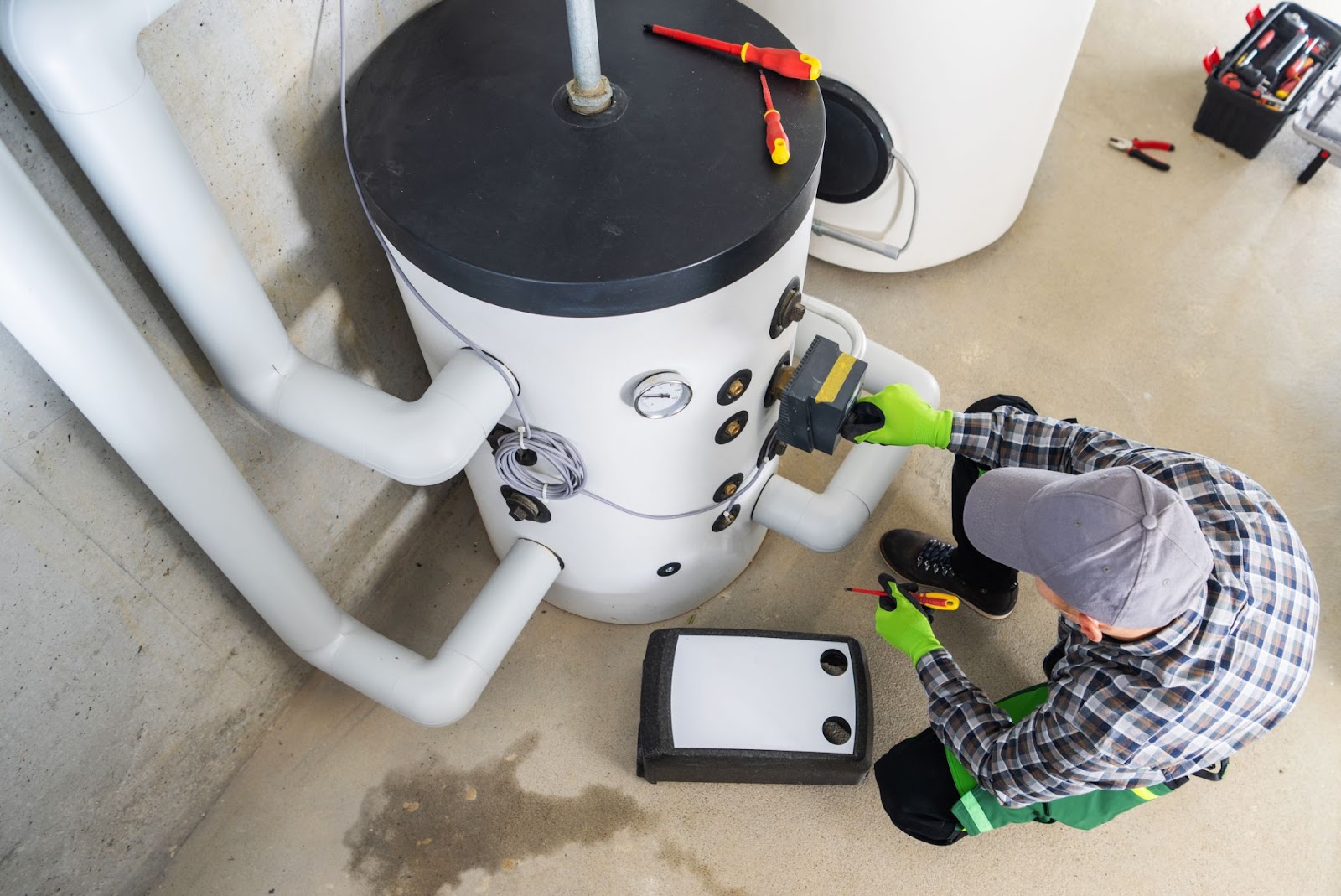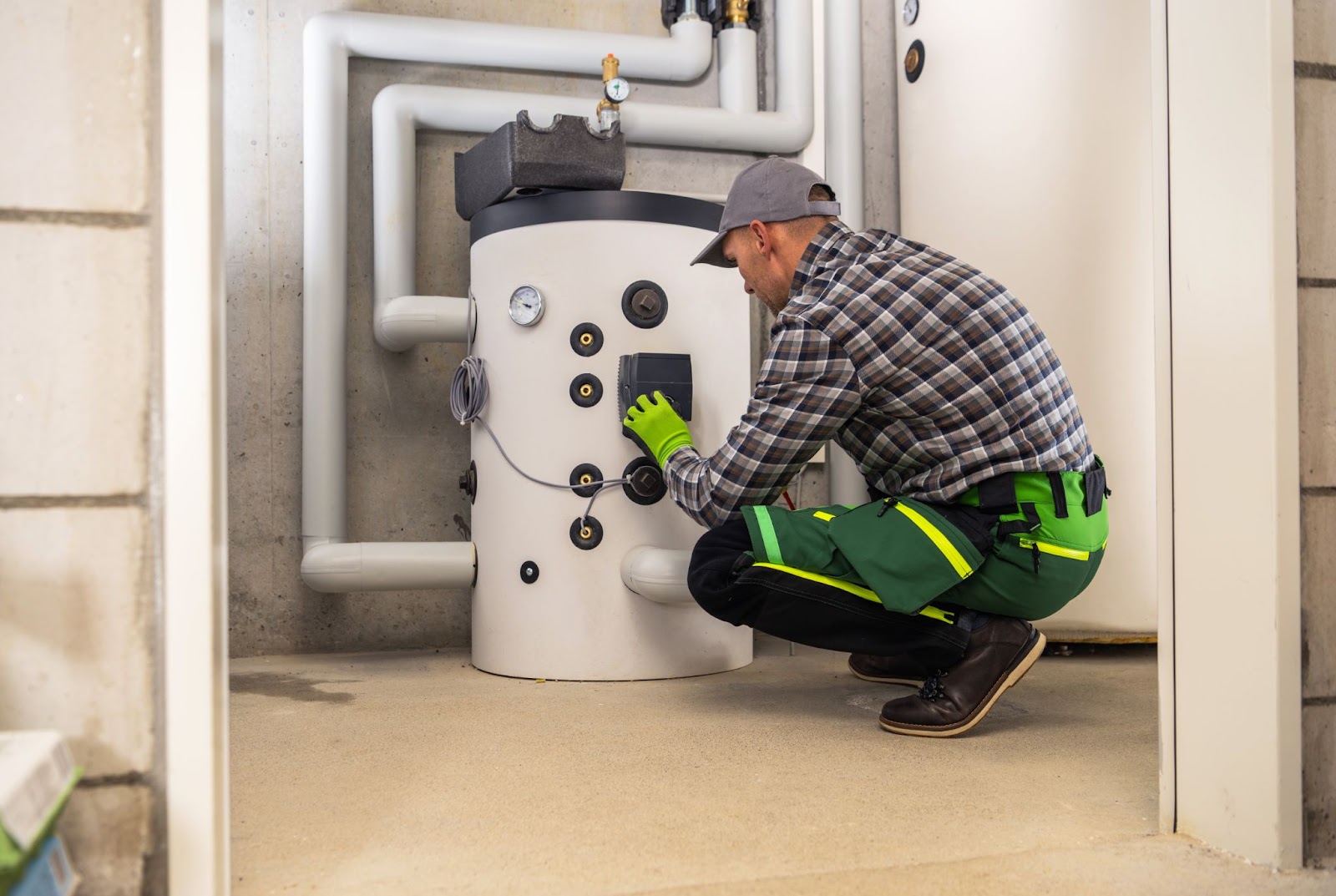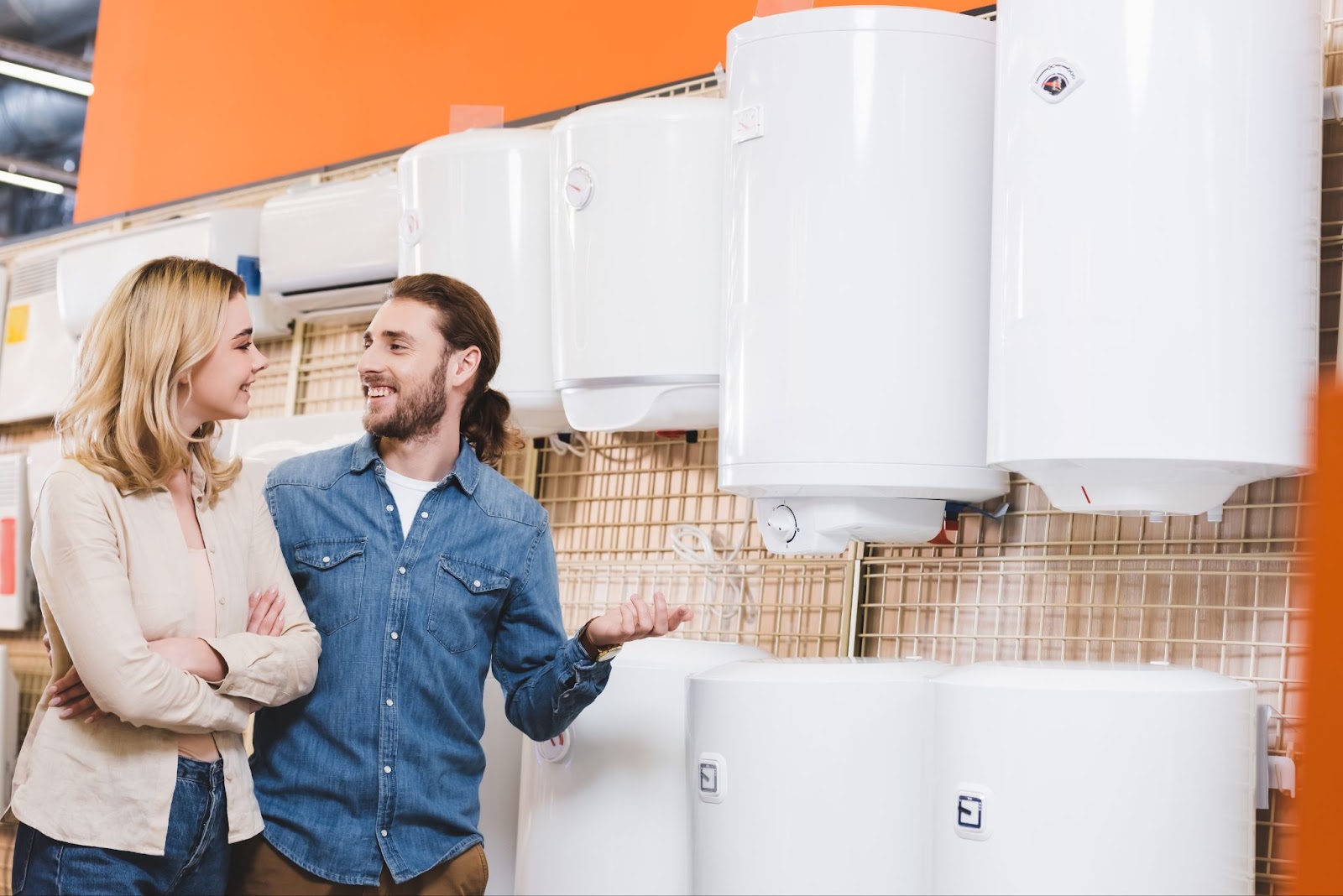
Exploring the Pros and Cons of Installing a Water Heater in Your Home
Water heaters play a crucial role in modern households, providing hot water for various daily tasks such as bathing, cooking, and cleaning. When considering whether to install a water heater in your home, it’s essential to weigh the advantages and disadvantages carefully. In this comprehensive guide, we’ll explore the pros and cons of installing a water heater, helping you make an informed decision that suits your household’s needs. By understanding the full scope of benefits and potential drawbacks, you can confidently choose the best water heating solution for your home, ensuring optimal comfort and efficiency. Water heaters not only enhance comfort and convenience but also contribute to the overall functionality and efficiency of modern households, making them indispensable appliances for everyday living.
Pros of Installing a Water Heater
Installing a water heater offers numerous advantages for modern households. From providing instant access to hot water for daily tasks like bathing and cooking to enhancing overall comfort and convenience, water heaters are indispensable appliances. Other benefits of installation a water heater include:
Convenience
Perhaps the most significant advantage of having a water heater in your home is the convenience of having readily available hot water. With a water heater, you can enjoy hot showers, do your laundry with warm water, and have hot water available for washing dishes, all at your fingertips. Gone are the days of waiting for water to heat up on the stove or in the microwave; a water heater ensures instant access to hot water whenever you need it, streamlining your daily routine and saving you valuable time.
Comfort
Hot water provides comfort, especially during colder months or in regions with chilly climates. Installing a water heater ensures that you and your family members can enjoy warm baths and showers, promoting relaxation and well-being. After a long day at work or an outdoor adventure in the cold, the comfort of a hot shower can be incredibly rejuvenating, soothing tired muscles and providing a sense of warmth and comfort that transcends physical relaxation.
Energy Efficiency
Modern water heaters are designed to be more energy-efficient, helping homeowners save on energy bills in the long run. Tankless water heaters, for example, heat water on demand, eliminating standby heat loss associated with traditional tank-style heaters. By only heating water when needed, tankless water heaters minimize energy waste, resulting in lower utility costs and reduced environmental impact. Additionally, many energy-efficient water heaters are ENERGY STAR certified, further verifying their efficiency and potential for savings.
Space-Saving Options
Tankless water heaters are typically smaller and more compact than traditional tank-style heaters, making them ideal for homes with limited space. They can be installed in smaller areas, such as closets or utility rooms, freeing up valuable floor space in your home. This space-saving design not only maximizes usable square footage but also provides greater flexibility in home layout and design, allowing homeowners to optimize space utilization without sacrificing comfort or functionality.
Longevity
High-quality water heaters are built to last, providing reliable hot water for many years with proper maintenance. Investing in a durable water heater can save you money on replacement costs and ensure consistent performance over time. With regular maintenance and care, a well-built water heater can withstand years of use without significant degradation in performance or efficiency, providing peace of mind and long-term savings for homeowners.
Increased Property Value
Installing a water heater can enhance the overall value of your home, making it more attractive to potential buyers. A modern, energy-efficient water heater can be a selling point for prospective homeowners looking for convenience and comfort. In a competitive real estate market, features such as updated appliances and energy-efficient systems can significantly increase the appeal and perceived value of a property, potentially leading to faster sales and higher offers. By investing in a quality water heater, homeowners not only enjoy immediate benefits but also position their home for greater resale value in the future.
Space Efficiency
Water heaters, particularly tankless models, offer space-efficient solutions for homes with limited square footage. Tankless water heaters are compact and can be installed in small spaces such as closets or utility rooms, freeing up valuable floor space for other purposes. This space-saving design allows homeowners to maximize the use of available square footage without compromising on comfort or functionality. Additionally, the versatility of tankless water heaters allows for flexible installation options, including outdoor installations, further optimizing space utilization and providing homeowners with more choices to meet their needs.
Customized Heating Solutions
Water heaters come in various types and sizes, allowing homeowners to choose the model that best suits their specific heating needs. Whether it’s a tankless water heater for on-demand hot water or a traditional tank-style heater with a large capacity, there are options available to accommodate different household sizes and usage patterns. This flexibility enables homeowners to customize their heating solutions to match their lifestyle and preferences, ensuring optimal comfort and efficiency. With advancements in technology, some water heaters even offer programmable features and smart capabilities, providing homeowners with greater control over their heating systems and enhancing overall convenience and energy savings.
Cons of Installing a Water Heater
While installing a water heater provides many benefits, there are some drawbacks to consider. Upfront costs can be significant, depending on the type and size of the unit, and additional expenses may arise from plumbing or electrical modifications. Other detrimental aspects include:
Upfront Costs
One of the main drawbacks of installing a water heater is the initial investment required. Depending on the type and size of the water heater you choose, installation costs can vary significantly. Additionally, factors such as plumbing modifications or electrical upgrades may add to the overall expense. However, it’s essential to consider the long-term savings on energy bills and potential rebates or incentives available for investing in energy-efficient water heaters, which can offset the upfront costs over time.
Space Requirements
Traditional tank-style water heaters require adequate space for installation, typically in a utility room or basement. If your home lacks suitable space for a water heater or if you prefer to use the available space for other purposes, installation may pose a challenge. However, exploring alternative options such as tankless water heaters or compact designs can help minimize space requirements and accommodate diverse home layouts, providing greater flexibility for installation.
Standby Heat Loss
Traditional tank-style water heaters store hot water in a tank, leading to standby heat loss over time. This means that energy is consumed to keep the water hot even when it’s not being used, resulting in higher energy bills compared to tankless water heaters. To mitigate standby heat loss, homeowners can consider upgrading to energy-efficient tankless water heaters or implementing insulation measures to reduce heat loss from the tank, thereby improving overall energy efficiency and reducing utility costs.
Limited Hot Water Supply
Tank-style water heaters have a finite capacity, meaning they can only provide a certain amount of hot water at a time. If multiple hot water appliances or fixtures are used simultaneously, such as showers and laundry machines, it can lead to temporary shortages of hot water. However, homeowners can address this limitation by choosing a water heater with a larger tank capacity or opting for a tankless water heater, which heats water on demand, providing an endless supply of hot water whenever needed.
Maintenance Requirements
Water heaters require regular maintenance to ensure optimal performance and longevity. This may include flushing the tank to remove sediment buildup, checking for leaks or corrosion, and replacing worn-out components. Failure to maintain your water heater properly can result in reduced efficiency and premature failure. However, scheduling routine maintenance with a qualified technician and following manufacturer guidelines can help prevent costly repairs and prolong the lifespan of your water heater, ensuring reliable hot water for years to come.
Environmental Impact
Traditional water heaters consume energy to heat water, contributing to greenhouse gas emissions and environmental degradation. While newer, energy-efficient models help mitigate environmental impact, the overall energy consumption of water heaters remains a concern for environmentally conscious homeowners. To minimize environmental impact, homeowners can opt for energy-efficient water heaters, implement water-saving measures, and explore alternative energy sources such as solar or heat pump water heaters, reducing reliance on fossil fuels and promoting sustainability in residential water heating.
Invest in Water Heater Installation from Kerivan-Lane
Installing a water heater in your home offers numerous benefits, including convenience, comfort, and energy efficiency. However, it’s essential to consider the potential drawbacks, such as upfront costs, space requirements, and maintenance needs. By weighing the pros and cons carefully and choosing the right type of water heater for your household, you can enjoy reliable hot water while minimizing expenses and environmental impact. Ultimately, the decision to install a water heater should align with your budget, lifestyle, and long-term goals for your home. Evaluating these factors comprehensively ensures that you make an informed decision that meets your household’s specific needs and preferences.
Visit our Kerivan-Lane blog to learn more about water heater installation and heating services in Needham, MA!


